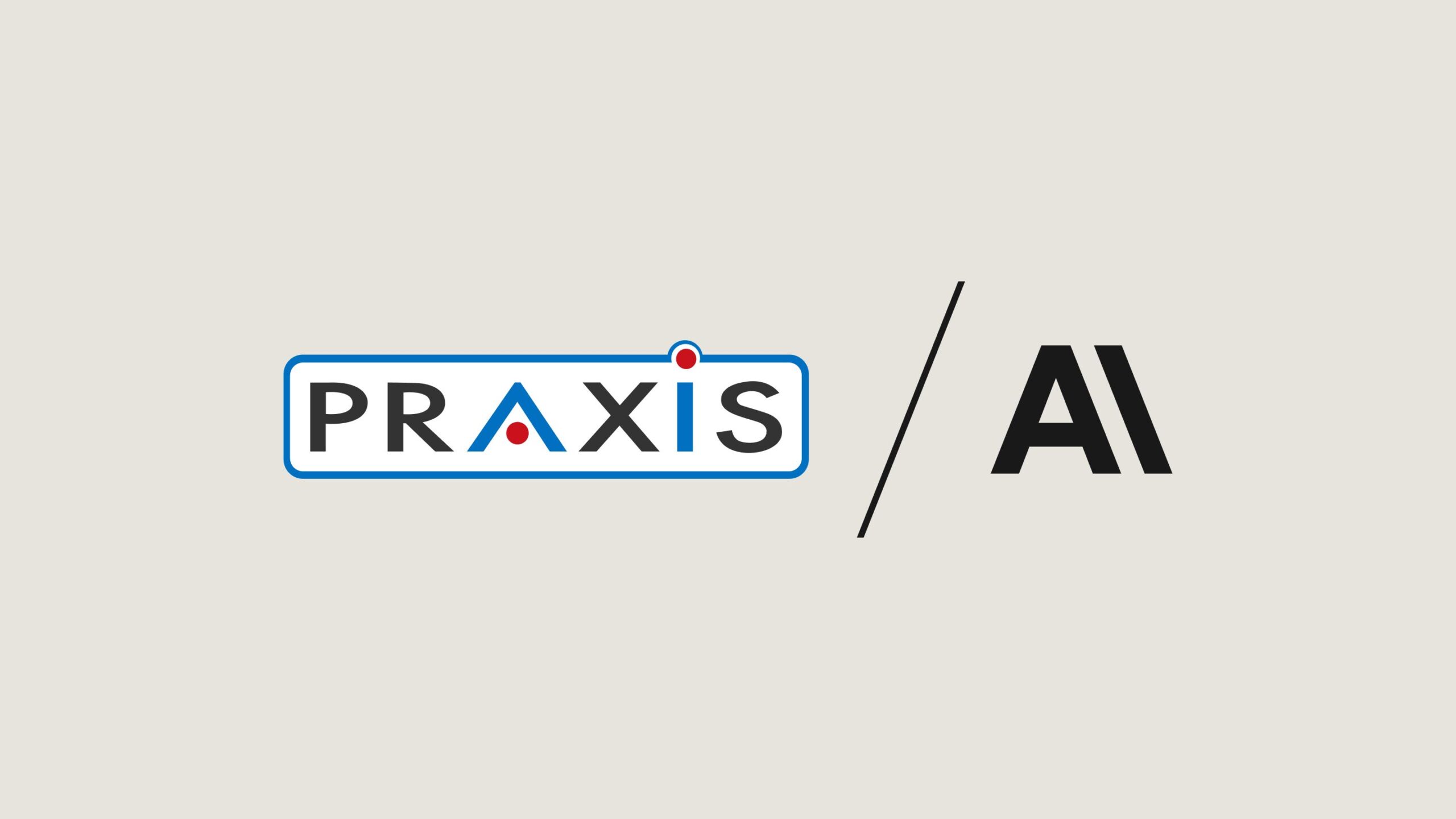Praxis AI Leads the Way in AI-Enhanced Education Using Claude on Amazon Bedrock

The Transformative Role of Praxis AI in Higher Education
Praxis AI is making significant strides in higher education by harnessing the capabilities of Claude from Amazon Bedrock to develop AI-powered digital twins of professors. These virtual assistants offer personalized, round-the-clock support to students, enhancing their engagement and performance while alleviating some of the workload for faculty members.
Achievements with Claude Technology
The introduction of Claude has yielded impressive results for Praxis, as highlighted by the following statistics:
- 15x Increase: Platform usage across higher education institutions has surged fifteen-fold.
- Student Engagement: An impressive 75% of students engage with digital twins versus just 14% for standard AI tools.
- Grade Improvement: Classes utilizing professor digital twins have seen an average increase of a full letter grade.
Addressing Challenges in Higher Education
Today’s college students face numerous challenges, including academic pressure, mental health issues, work commitments, and rising tuition fees. Many professors are overwhelmed and can’t provide the necessary support, especially in under-resourced schools.
David James Clarke IV, CEO of Praxis, explains, “Students are facing unprecedented difficulties. Many juggle multiple jobs just to pay for their education, deal with learning setbacks from the pandemic, and navigate personal challenges.” Faculty members often teach several classes and might not even have time for research, making it difficult to offer personalized attention to each student.
Clarke emphasizes the importance of tutoring and support: “Access to guidance is directly linked to student success. Those who get tutoring are more likely to graduate and secure better employment. We wanted to make that kind of support accessible for everyone.”
Why Claude was Selected
Praxis recognized that Claude could transform educational support due to its superior performance and security measures. Clarke notes that during trials of various models, “Claude excelled at maintaining context and providing insightful educational responses.” The ability to protect student data while offering tailored assistance was vital for Praxis in maintaining academic integrity.
Utilizing Claude through Amazon Bedrock
Praxis was first exposed to Claude through the Amazon Web Services (AWS) Generative AI Accelerator program. The availability of Claude via the Amazon Bedrock API proved to be a game-changer. “Switching from OpenAI’s GPT-4 to Claude 3.5 Sonnet was seamless, which significantly enhanced our operational efficiency,” Clarke shared.
The effects on Praxis’s growth have been substantial. By integrating the best language model (LLM) within their AWS infrastructure through Amazon Bedrock, they experienced a fifteen-fold increase in usage within six months. This efficiency resulted in better security, reduced costs, and faster scaling of their business. The quick adaptation to new Claude models through Amazon Bedrock enhances educational outcomes, making it easier to keep up with technological advancements.
Enhancing Security and Cost Efficiency
Security is a primary concern in educational technology. Praxis prioritizes delivering secure AI solutions and utilizes Amazon Bedrock to ensure user privacy and safeguard their institutional IP. The platform offers enterprise-grade security measures and anonymizes student data, enhancing user trust.
Clarke emphasized the cost efficiencies: “Our pricing structure is based on usage, which allows us to effectively manage costs while providing robust services.” This financial model promotes growth while ensuring that student data remains protected and organized in secure, efficient systems.
Achieving Real-World Results
The impact of Claude-powered digital twins has been visible at Praxis partner institutions. At Clemson University, a bioinformatics instructor, who managed 125 students, leveraged his digital twin to significantly enhance engagement and improve student grades. In another instance, a social sciences professor noted that his digital twin answered 2,000 student questions weekly, contributing to a shift in average grades from a C to a B.
These cases illustrate how on-demand support enhances student engagement. Clarke pointed out that by addressing repetitive questions, AI allows professors to dedicate more time to meaningful interactions with students, resulting in time savings of up to 70% for faculty.
Strategic Partnerships for Broader Impact
Praxis is collaborating with various institutions, including Alabama State University and the American Indian Higher Education Consortium. These partnerships aim to bring AI’s advantages to diverse learner groups. Clarke expressed their commitment to leveling the educational playing field by focusing on historically underserved students.
Moreover, Praxis is also exploring corporate training solutions with Fortune 500 companies, highlighting the versatility of AI in personalizing learning experiences across multiple stages of a person’s career.
Leadership in Educational AI
Praxis is at the forefront of leveraging AI to tackle significant educational challenges. Clarke believes that the education system needs to adapt or risk obsolescence. “If institutions don’t embrace AI for transformation, they risk fading away. However, thoughtful use of technology can empower every student to achieve their fullest potential.”
By scaling its AI platform and partnering with organizations like Anthropic and AWS, Praxis aims to redefine educational access and success for students everywhere. Clarke concludes, “What Anthropic has built with Claude is remarkable. It enables students to have meaningful and personalized learning experiences whenever needed, which is truly transformative.”






